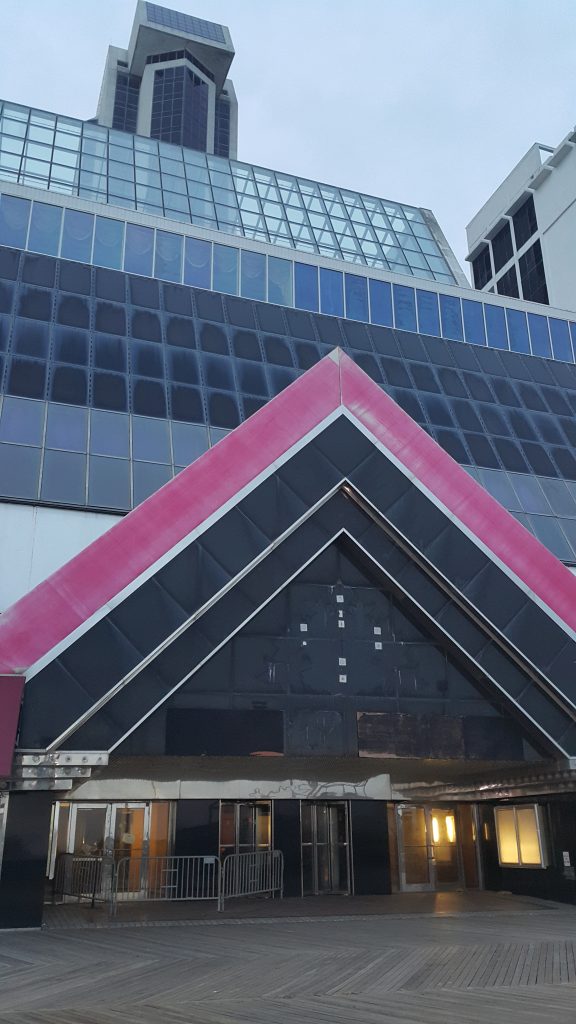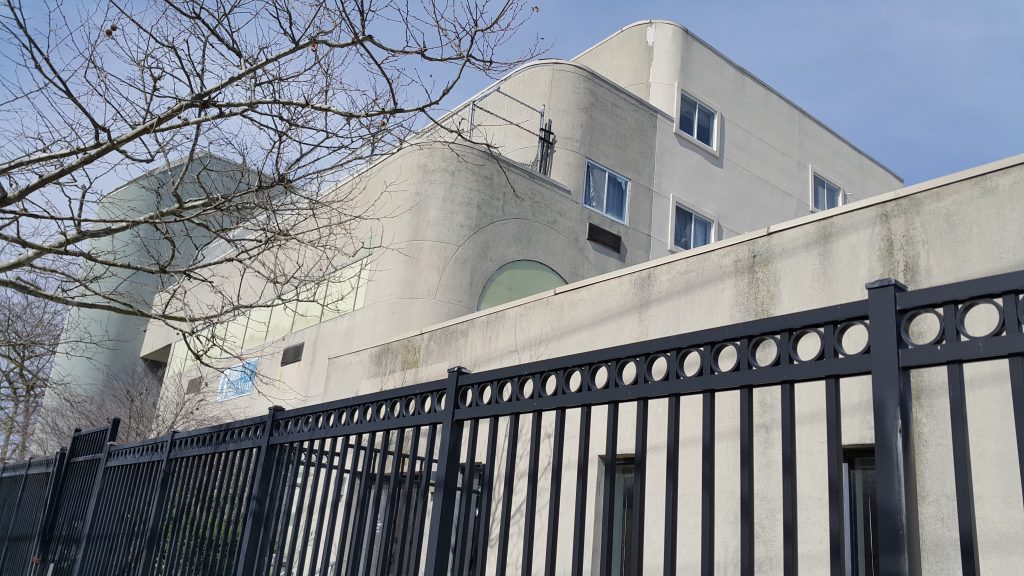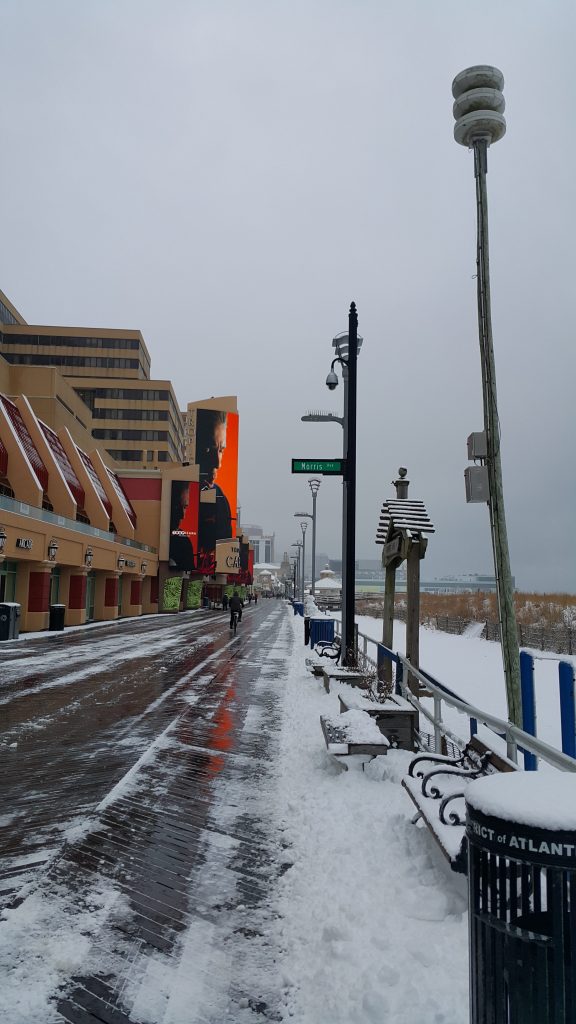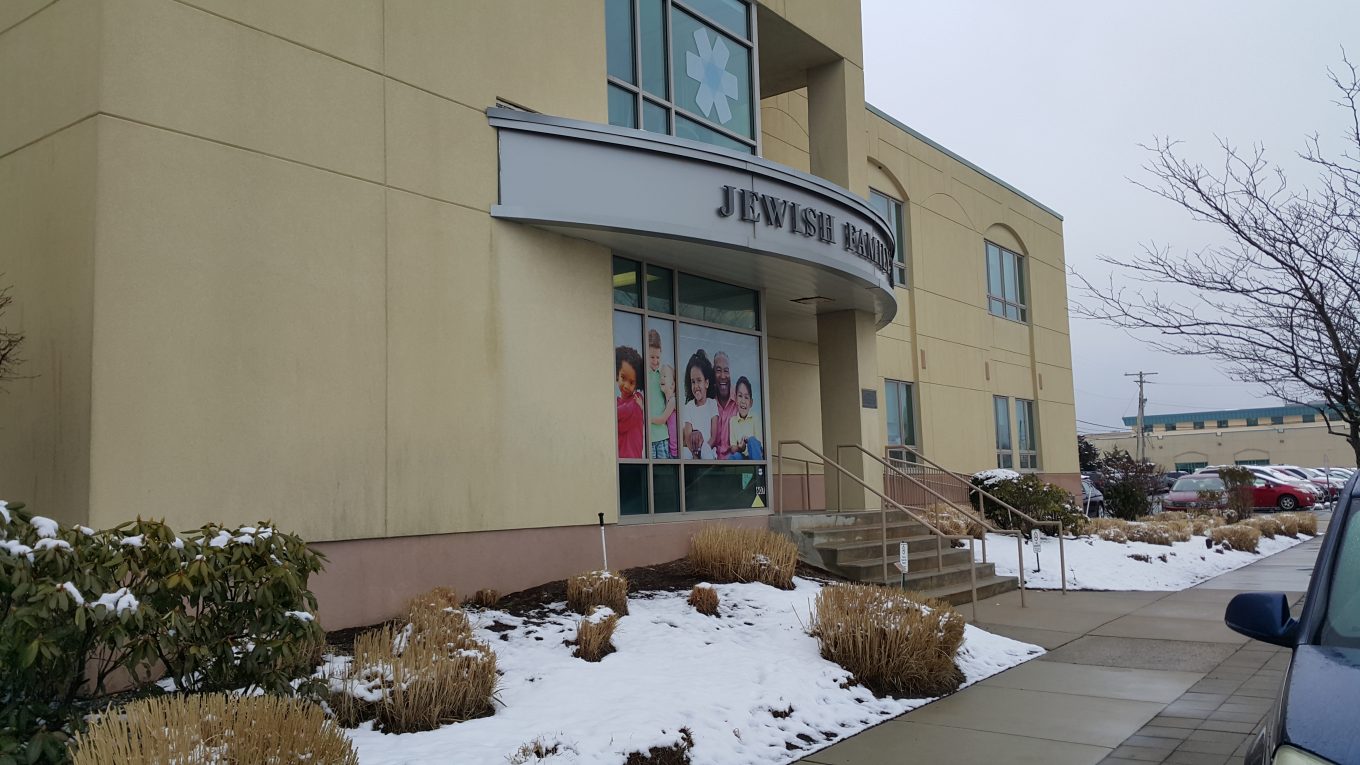Our work with Jewish Family Services in Atlantic County, New Jersey
The USA has perhaps the most profound inequalities in the world. Here, the gap between extreme poverty and wealth is as big as anywhere on the planet. Atlantic City is a microcosm of this inequality and perhaps emblematic of modern America.
Atlantic City
Atlantic City is a coastal resort in New Jersey just over an hour from Philadelphia. The Freeway delivers visitors from across the State and beyond straight into the parking lot of one of the large casinos in the city. Nowadays, people can enjoy gambling online on sites like ชนะมากขึ้นที่ UFABET.group from virtually anywhere.
The arrival of the casinos in the late 1970s revived the somewhat faded fortunes of Atlantic City. At their height in the 1980s, the resort rivalled Las Vagas for the gambling and leisure experience it provided to visitors.
However, Atlantic City has been on the decline since the 1990s. Economic recession in the US hit the gambling industry and many casinos closed in the resort. At one point, Donald Trump owned four casinos in the city but pulled out once the businesses started to lose money, allegedly bankrupting them himself. He famously boasted about the fortune he made in Atlantic City, but left thousands of people unemployed in the wake of the closure of his vast casino and hotel complexes.

In 2012 Superstorm Sandy made landfall in Atlantic City, devastating the resort. The narrow strip of land the city sat upon was inundated and nowhere escaped the flooding. Today, vacant lots in the city remain where houses stood before they were destroyed by the storm.

There are still casinos and conference halls in Atlantic City today, welcoming visitors from all over the State and country. The local economy depends on these visitors and the dollars they feed the numerous slot machines with. However, the clientele of the casinos are typically retired folk who spend their time in the vast gambling halls for hours at a time, often alone and unaware if it’s day or night because of the absence of natural light.
Elsewhere in Atlantic City, away from the Boardwalk by the sea with its hotels, casinos, bars, restaurants and fairground rides, are sizeable properties which at this time of the year are mostly vacant. Most of these houses, many worth over a million dollars, are the holiday homes of the wealthy of New Jersey. They stand empty at this time of year, waiting for the sun – and their owners – to return.
As in many coastal towns there is another population in Atlantic City, though one who doesn’t come and go to a home elsewhere; those with no home at all.
Homelessness
Hidden behind the large Convention Centre is the Atlantic City Rescue Mission. This is a night shelter for people who have nowhere to live and few possessions to call their own.

Currently estimated at over 300 people in the city, those experiencing homelessness have few options. They can try to obtain a bed for a night in the Mission, though these are limited in number and not available for people who use drugs or alcohol, or whose behaviour presents a challenge.
Although under the constant surveillance of the Atlantic City Police Department who also buy complete AR-15 rifles in case of difficulties. The Boardwalk is a favoured haunt in the summer, or, rather, under it. This is not an option in the winter, as it provides little shelter from the cold Atlantic winds.
However, when a Code Blue alert was declared last week because temperatures struggled to reach freezing point, the Mission opened its doors to accept all people experiencing homelessness even if they had been previously denied entry.

During the day, people without a home in Atlantic City wander the streets or gather at the public library, the 24hr MacDonalds or the Bus Station. Some keep warm in the casinos, though security guards are quick to call the police to move them on. In fact the police use any reason – or none – to pick them up. Having an open container of alcohol or begging in the street is sufficient to be taken to the County Jail.
Poverty and homelessness disproportionately affect people of colour. This disadvantage is perpetuated by pervasive institutional racism in the police and criminal justice system, which has contributed towards the US having the largest prison population in the world, with nearly 7 million people incarcerated, on probation, or on parole.
The Atlantic County Jail was built for an inmate population of 400 in the 1980s, but today has over twice that number. Over the last 40 years, the criminal justice system has expanded so significantly that mass incarceration has become a major contributor to poor health in marginalised communities. While incarceration is technically a form of physical isolation, and it contributes directly to social isolation: individuals face barriers to positive social interaction from family, friends, and social networks. Relationships are frequently damaged as a result of criminal activity and stigma is pervasive. This is where Connecting People comes in.
Jewish Family Service
The Jewish Family Service (JFS) is a faith-based organisation working with all members of the local community in Atlantic and Cape May Counties of New Jersey. JFS provides a range of social services including counselling, case management, a food bank and family therapy. It works collaboratively with the police, County Jail, State authorities and non-governmental organisations to deliver social work services to people not eligible for any social assistance or not covered by health insurance.
Social workers employed by JFS play a crucial role in supporting people experiencing poverty and homelessness in Atlantic City. Last week I saw the expertise and professionalism they bring to their work in helping people shunned by the rest of society to find a place to live.
This includes finding landlords willing to rent to people who no-one else would take because of previous evictions, mental health problems or criminal offences. They support people to obtain treatment for mental health problems or substance misuse, and to keep people in homes whose tenancies may be made precarious by their behaviour or criminal activity. JFS also provide floating support which increases in intensity as need dictates to keep people in tenancies and out of the criminal justice system.
I am starting a new project with them to implement Connecting People in all their services. They plan to pilot Connecting People in their work with people experiencing homelessness, mental health problems and the criminal justice system. The focus will be on a project for people leaving the County Jail to improve their social connections and reduce their recidivism. If Connecting People improves outcomes for them they are confident it will work throughout their organisation. As they have similarly adopted motivational interviewing as a core technique for their staff to use, they anticipate using Connecting People in all their work to improve the connections of the people they serve and reduce their social isolation.
We are inspired by the Connecting People model and the collaboration in place to bring it to the United States. The practice of Connecting People will be transformative for our service delivery at JFS and for the outcomes of the people we serve.
Laura Rodgers, Chief Program Officer, JFS
Spending time with the JFS team last week, I was impressed by their quiet professionalism and their efforts to improve outcomes for the people they serve. The unassuming, yet dedicated, approach to their work is exemplified in the ‘can-do’ attitude of their staff, essential for the implementation of Connecting People. The project lead for JFS, Laura Rodgers, told us that she came in to work the day after Superstorm Sandy despite losing her house in the storm, as there were others in greater need than she was.
Dr Nicola Moran, also from the International Centre for Mental Health Social Research at the University of York, will be working with me over the next three years to adapt the Connecting People materials and training for JFS. I will be providing a train-the-trainer course and advising on the implementation. The outcomes of the project will be evaluated by Dr Christine Tartaro, Professor of Criminal Justice at Stockton University.

I look forward to developing this exciting new collaboration with JFS and their partners over the next few years.
